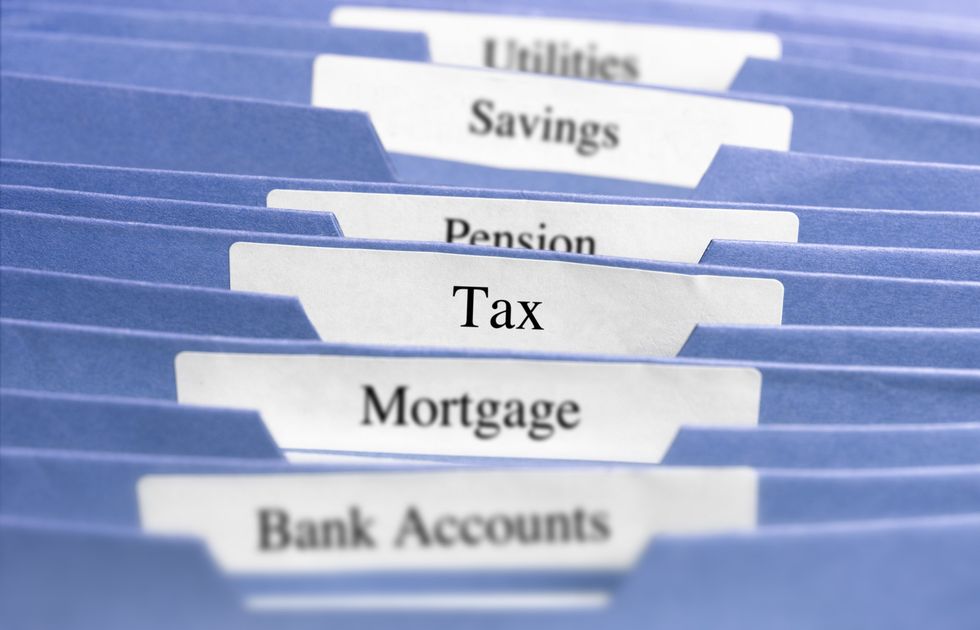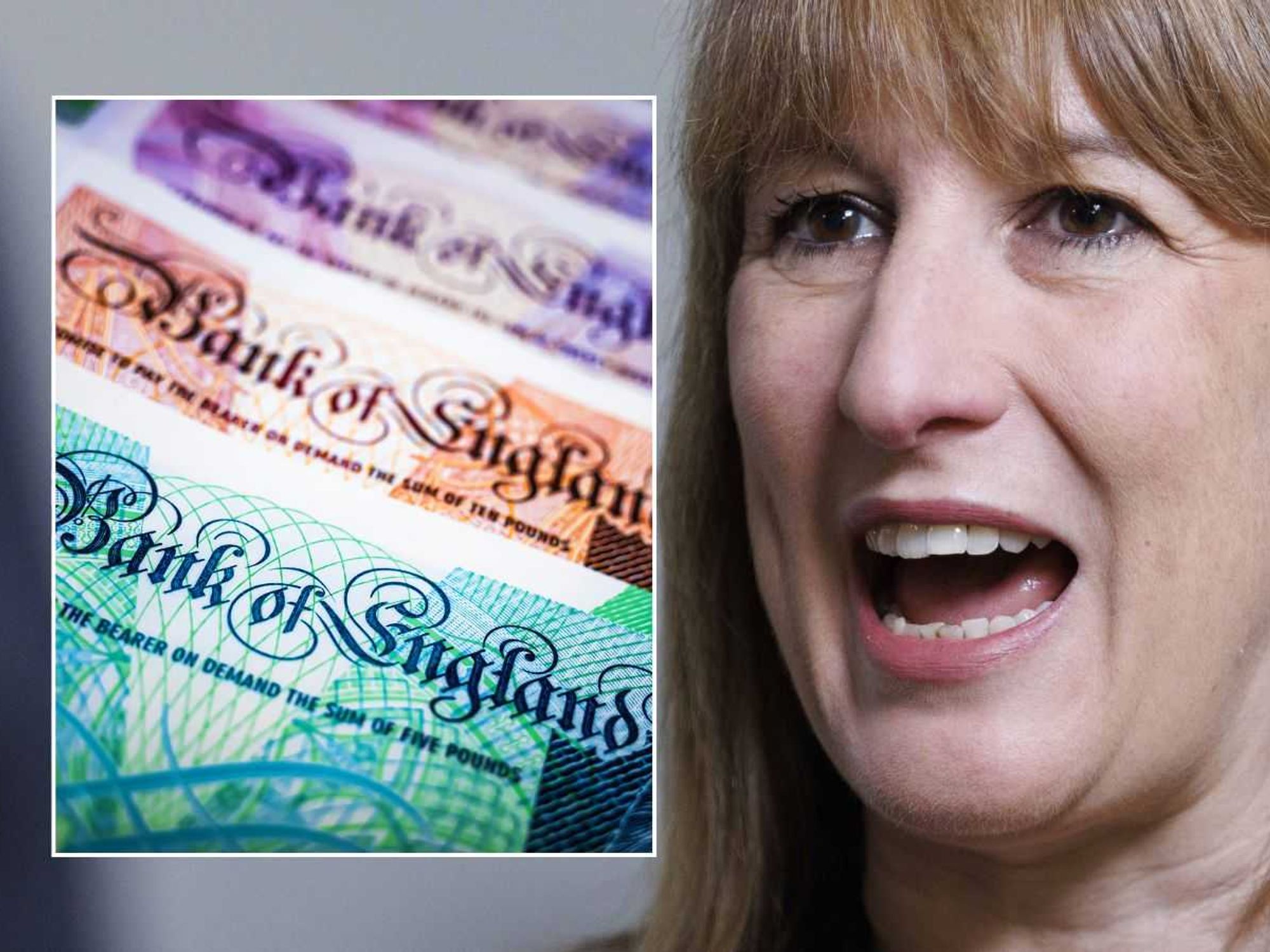Germany offers pensioners £21,000 tax-free deal as millions of retirees in UK hit with bigger tax bills
GBNEWS

From the age of 66, anyone who continues working will be able to earn an extra €2,000 a month without paying tax
Don't Miss
Most Read
Germany is introducing a major tax break for working pensioners from January, allowing those past retirement age to earn up to £21,000 a year tax-free.
The initiative, called the "active pension" (aktivrentes), is designed to tackle the country’s severe labour shortages.
From the age of 66, anyone who continues working will be able to earn an extra €2,000 a month without paying tax.
The scheme was first proposed by the Christian Democratic Union and Christian Social Union coalition, which won February’s general election. The parties have now tabled the bill in parliament, delivering on a key manifesto promise.
The new rules could save pensioners thousands, with potential tax savings of up to 45 per cent depending on income.
Germany currently taxes earnings at 14 per cent on lower wages, rising to 45 per cent for those making more than £242,500.
The parties have now formally introduced the bill to parliament, fulfilling a key manifesto commitment.
Germany faces a demographic crisis with over 13 million citizens expected to reach state pension age by 2039, driven by declining birth rates during the 1960s and 1970s.
The nation's retirement funding system is under severe strain due to escalating costs of state and public sector pensions.
This financial pressure coincides with a critical shortage of experienced workers across various industries.

millions of retirees in UK hit with bigger tax bills
| GETTYSusanna Adelhardt, who chairs the German Actuarial Association and works for retirement providers Heubeck, explained: "We have demographic change. It's not only Germany, it's European-wide. We have experienced workers missing."
She highlighted shifting workplace attitudes among younger generations: "We see that younger people are more focused on work-life balance and not working as hard. They say 'No, it's my time.'"
The growing popularity of part-time employment has exacerbated the shortage of skilled personnel. Adelhardt emphasised that technological solutions alone cannot bridge this gap: "It's not possible to fill this with AI or more industrialisation, so we need the workers during this period."
Meanwhile, British pensioners confront an increasingly heavy tax burden as frozen allowances push millions into paying income tax for the first time.

British pensioners confront an increasingly heavy tax burden as frozen allowances push millions into paying income tax for the first time
| GETTYCurrently, 8.7 million people aged 66 and above pay income tax, representing a surge of one-third since tax thresholds were frozen in the 2021-22 financial year. This freeze means allowances remain static whilst incomes continue rising with inflation.
The situation will likely deteriorate further from April when the state pension is projected to rise by approximately £560 annually due to the triple lock guarantee.
This increase could push additional pensioners above the tax-free threshold, creating unexpected tax liabilities.
The contrast with Germany's new approach highlights divergent strategies for managing ageing populations.
Whilst Germany incentivises continued employment through tax breaks, British pensioners face diminishing real-terms allowances that effectively increase their tax contributions regardless of whether they continue working.

Financial experts remain split over whether the UK should implement comparable measures to encourage pensioners to remain in the workforce
| GETTYFinancial experts remain split over whether the UK should implement comparable measures to encourage pensioners to remain in the workforce.
Gerard Lyons from wealth managers Netwealth advocates considering the German model: "The German approach provides a strong incentive for able pensioners to remain working. It's worth considering here."
He argues for broader tax reforms: "The UK needs to index tax-free allowances so they rise in line with inflation. Without reform, many will soon find the state pension alone pushing them over the allowance, hitting them with tax bills that erode retirement incomes or the incentive to work."
However, Sir Steve Webb, former pensions minister now at LCP, opposes age-based tax distinctions: "Tax allowances should be the same at all ages and the amount of tax you pay should simply depend on your income, not on whether you are under or over pension age."










